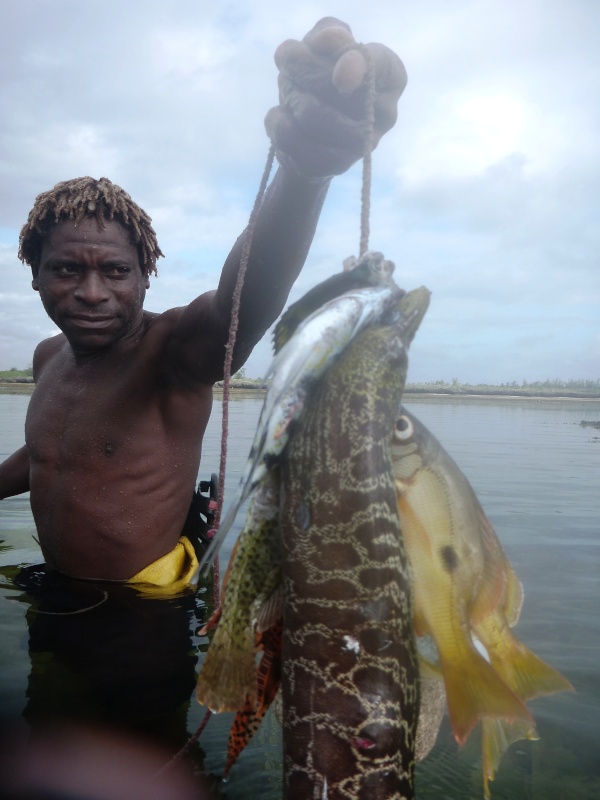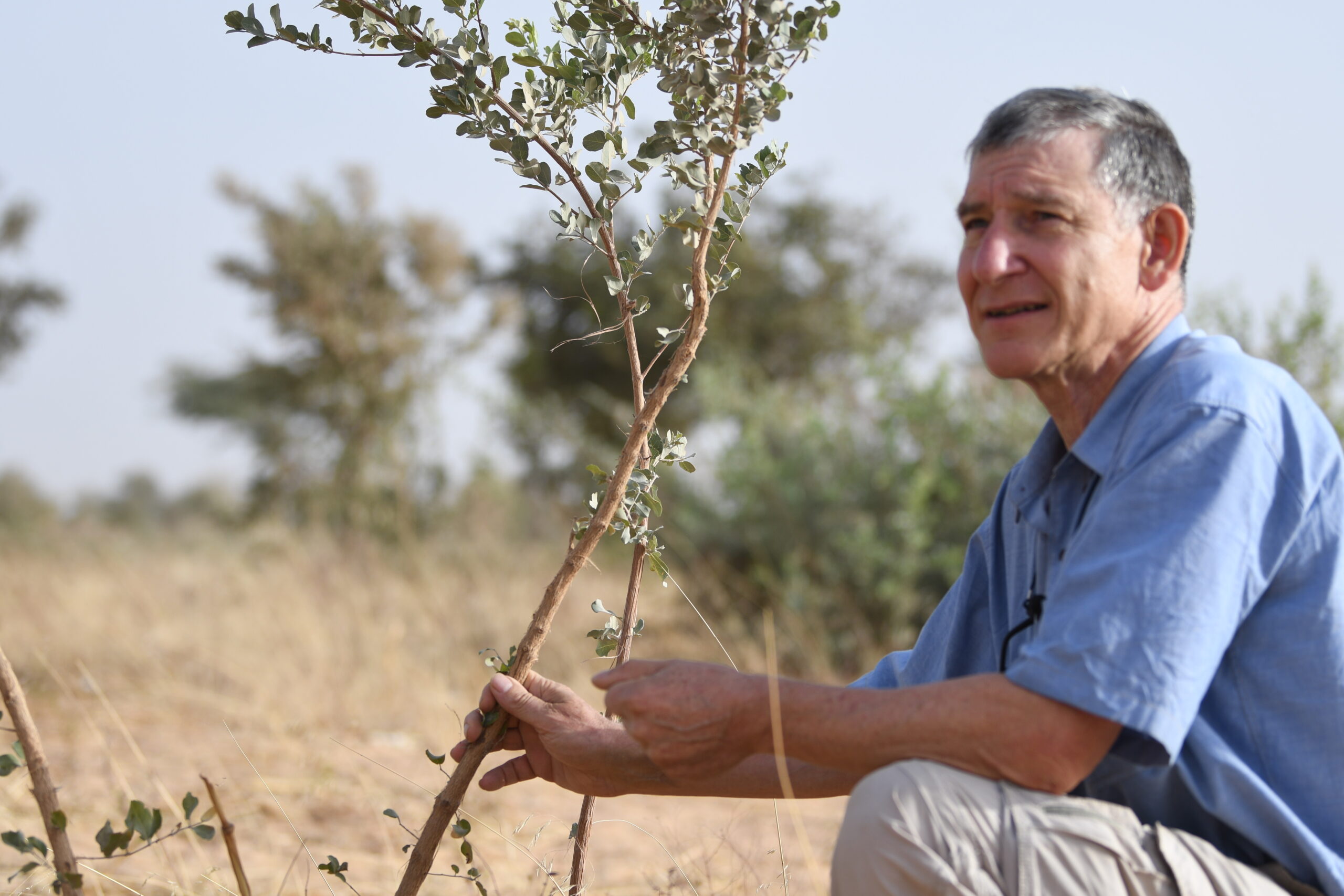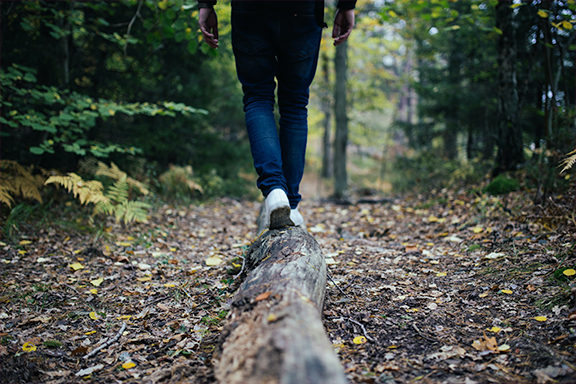Why ‘Seaspiracy’ won’t save the ocean and what might

Fisherman at Watamu, Kenya (photo: Dr Benjamin Cowburn)
There has been a huge amount of coverage around the recent Netflix documentary ‘Seaspiracy’, released at the end of March. It quickly broke into the Netflix ‘Top 10’ most watched list in multiple countries. It’s stoked controversy. On the one hand, it has generated conversation and interest among its popular audience, with many people declaring they will stop eating seafood entirely as a result of watching the documentary. On the other hand, there has been widespread backlash from NGOs, fishing companies and media outlets examining the one-dimensional presentation of a complex, multi-faceted issue.
Despite the importance of the topic that ‘Seaspiracy’ addresses, the solution it advocates – ending the consumption of seafood – is not an option nor a desirable solution to ocean health. It is just not that simple. Those of us with privilege can choose to not eat seafood, eat lower on the food web, or from sustainable sources. But for many, their daily bread (fish) is critical and life-giving. Coastal populations around the world depend on seafood as a vital part of their diet. Ultimately, ‘Seaspiracy’ works on sensationalism, and in the midst of this, it has completely undermined frontline efforts to build sustainable food systems around the world in communities where seafood is historically, culturally and economically important.
So, where do we go from here?
We have developed relationships with the ocean on the premise it is an inexhaustible, indestructible, commons. We know now that this is simply not true. Fishing is devastating the ocean’s biodiversity and abundance, several methods destroy fragile habitats, fishers are exploited, and the poorest suffer most from reduced nutrition. But we must also address climate change, pollution (including plastic), land-use changes, and invasive species all the while ensuring livelihoods, wellbeing, and nutrition for coastal populations. We need a response that is able to accommodate the complexities of habitats and treats human populations not merely as consumers. One that doesn’t just try to ‘keep out’ people, but helps all creation, human and non-human, flourish; a response which values and understands interdependent relationships. One policy proposal within marine conservation is to establish marine protected areas (MPAs), safeguarding some areas on the ocean as ‘no-take’ areas, and managing the remainder sustainably. Wisdom literature exhorts us to show humility as creatures ourselves before the God of creation and his ways. We hope for a future where we learn to live humbly and sustainably alongside and in the midst of the oceans and the creatures God has made.
Things you can do –
- We’d recommend watching ‘End of the Line’ instead of ‘Seaspiracy’. If you prefer reading, Prof. Callum Roberts’ The Unnatural History of the Sea is excellent.
- Learn about the ocean, marine protected areas, and particularly about the coastline nearest you and build connections with those who are already working there.
- Use existing sustainable seafood guides to plan a low-impact ocean meal and invite your friends and a local marine biologist to discuss these issues together.
- Study and read about the theological and ethical issues related to the ocean.
Robert D Sluka, Ph.D. leads A Rocha’s Marine Conservation Programme. He is a curious explorer, applying hopeful, optimistic and holistic solutions to all that is ailing our oceans and the communities that rely on them. Robert’s research focuses on marine biodiversity conservation, plastic pollution, and fisheries, particularly marine protected areas. The ultimate goal is to glorify God through oceans and communities being transformed using holistic marine conservation.
You can purchase Bob’s Grove Book on MPAs here and look out for his upcoming Grove Book on how plastic pollution can hurt or heal relationships.
You can access the Plastics Toolbox here.
We are happy for our blogs to be used by third parties on condition that the author is cited and A Rocha International, arocha.org, is credited as the original source. We would be grateful if you could let us know if you have used our material, by emailing [email protected].



Thanks, Bob. Totally agree we need a more nuanced approach but as one of the rich consumers I can choose not to add to the problem. From what I understood it was much less the indigenous fisherman supplying local economy and much more the bit international organisations putting pressure on already failing/ failed populations. I find it hard to justify ground trawling. I fully support MPAs/MPZs but they need to be enforced. Probably you’ll suggest I read ‘The Unnatural History of the Sea’ so that I may discuss more sensibly. May I invite you to dinner to discuss with friends?!
You say that
“..the solution [Seaspiracy] advocates – ending the consumption of seafood – is not an option nor a desirable solution to ocean health.”
To which the obvious question is “Why?”
You say, it’s because
“…for many, their daily bread (fish) is critical and life-giving. Coastal populations around the world depend on seafood as a vital part of their diet.”
And I would agree. But surely for those of us who do have a choice, that choice is clear. Leave the fish for those who desperately need them (like the example given in the documentary Africa) and meanwhile campaign for local communities to have access to those fish stocks.
The idea that instead we should
“Use existing sustainable seafood guides to plan a low-impact ocean meal and invite your friends and a local marine biologist to discuss these issues together.”
Is just risible.
I recognise you haven’t room to address all the points in the documentary, but it made it clear that marine protected areas don’t work.
Dr Sluka spoke in our area about MPAs and how they can protect the ecosystem as well as help people who harvest the ocean. It was eye opening and encouraging.
“…but helps all creation, human and non-human, flourish; a response which values and understands interdependent relationships.” This is right on.
I am happy to come to dinner, Anthony! Yes, we with more resources can make choices and there are some good ones. Totally agree on trawling, such a destructive practice. Enforcement is a key issue.
Thanks Chris!
[…] You can access the Plastics Toolbox here. This blog post was originally posted on the A Rocha International blog. […]
I disagree that Seaspiracy ‘ultimately… works on sensationalism’ or has ‘completely undermined’ efforts to build sustainable food systems. It does not target poor coastal communities so much as the fundamentally damaging approach of take whatever you want with no care for the damage you do. Incidentally, I am a long term diver who supports MPAs, and who has lived near one of the world’s former great fishing ports, Hull in the UK, now destroyed by overfishing. I also work in a poor rural African village,and over several years have witnessed the unsustainable loss of the natural habitat through overpopulation and poor land management. Seaspiracy deserves our thanks for telling us bluntly that we need to do much, much better.